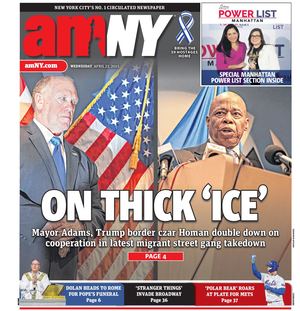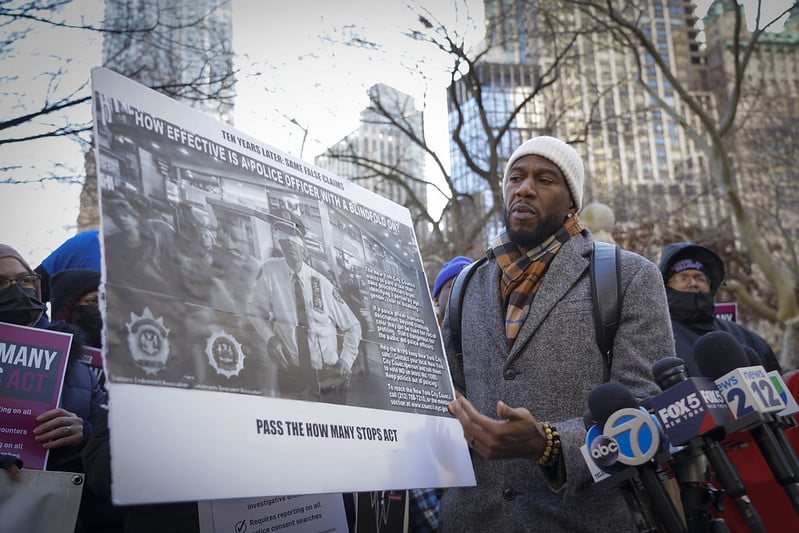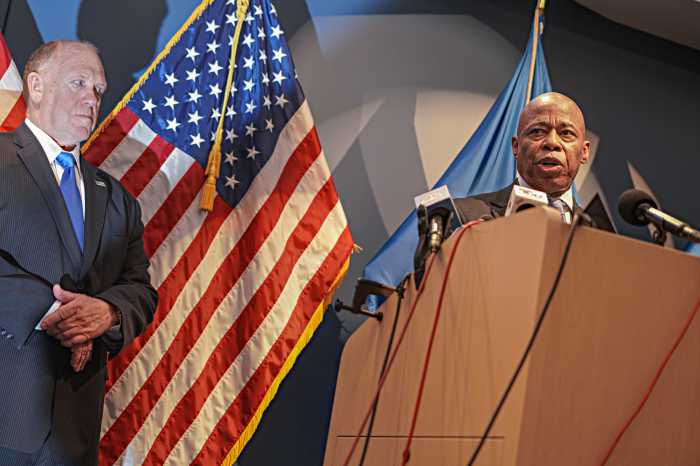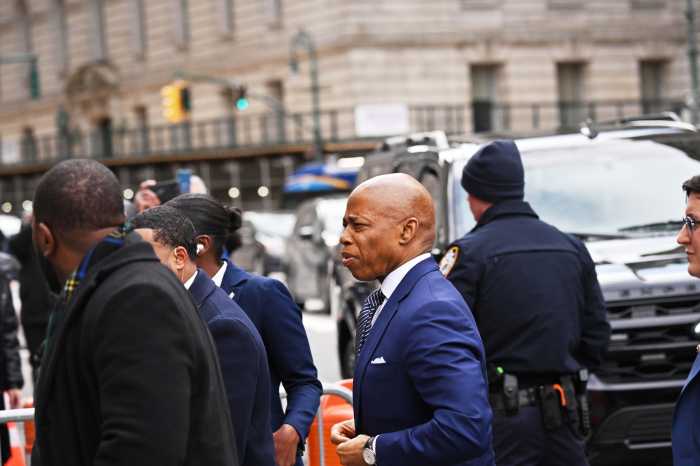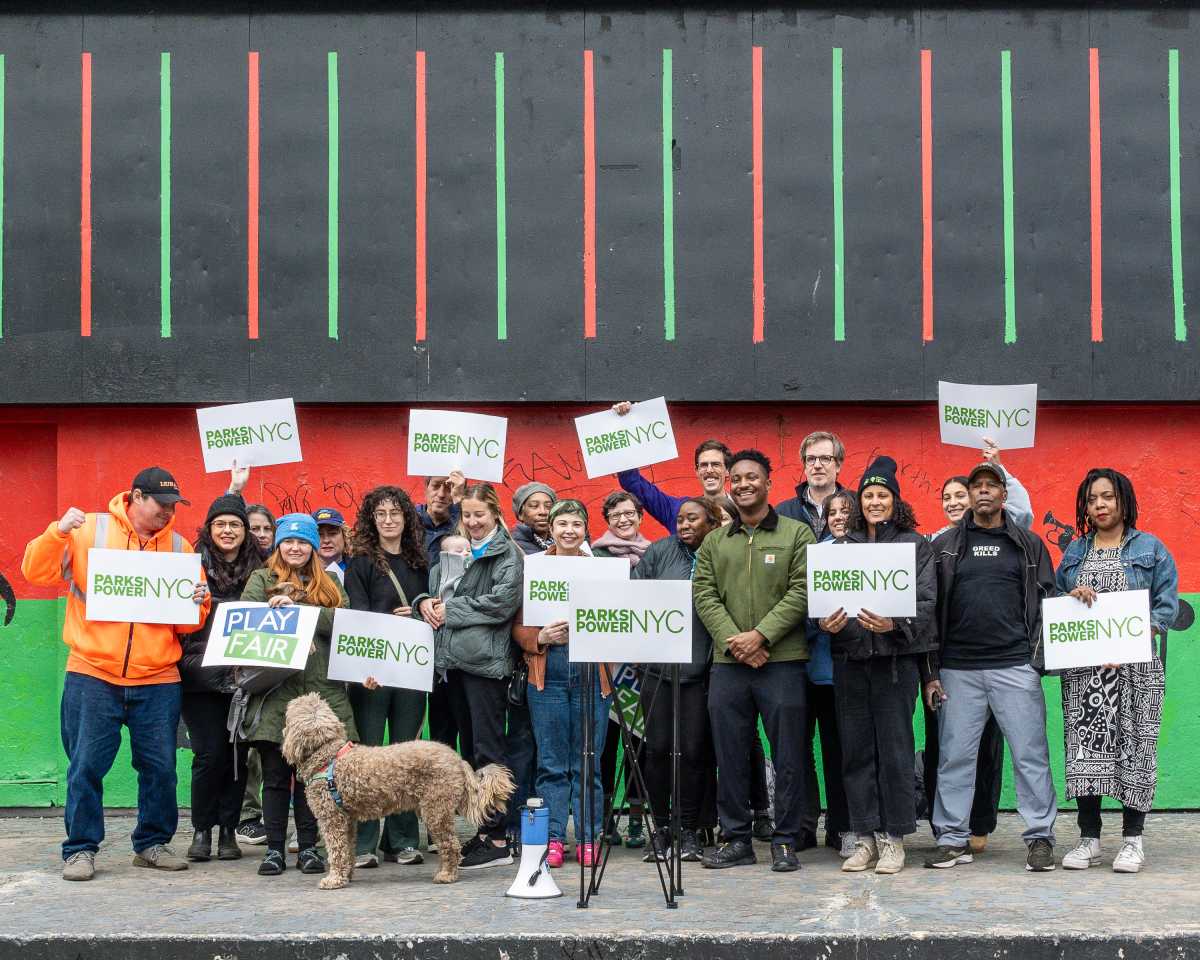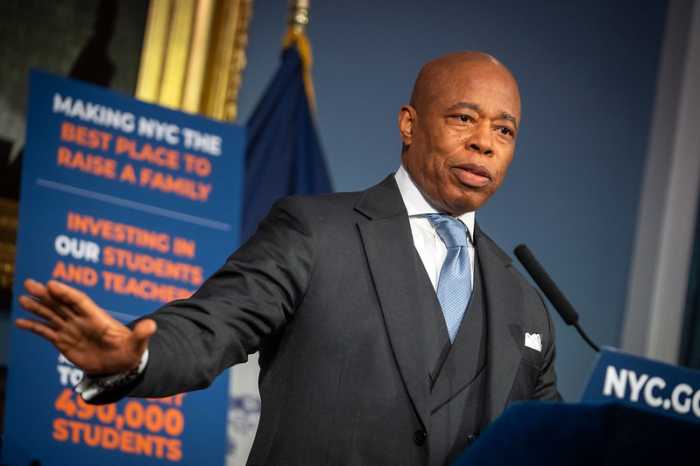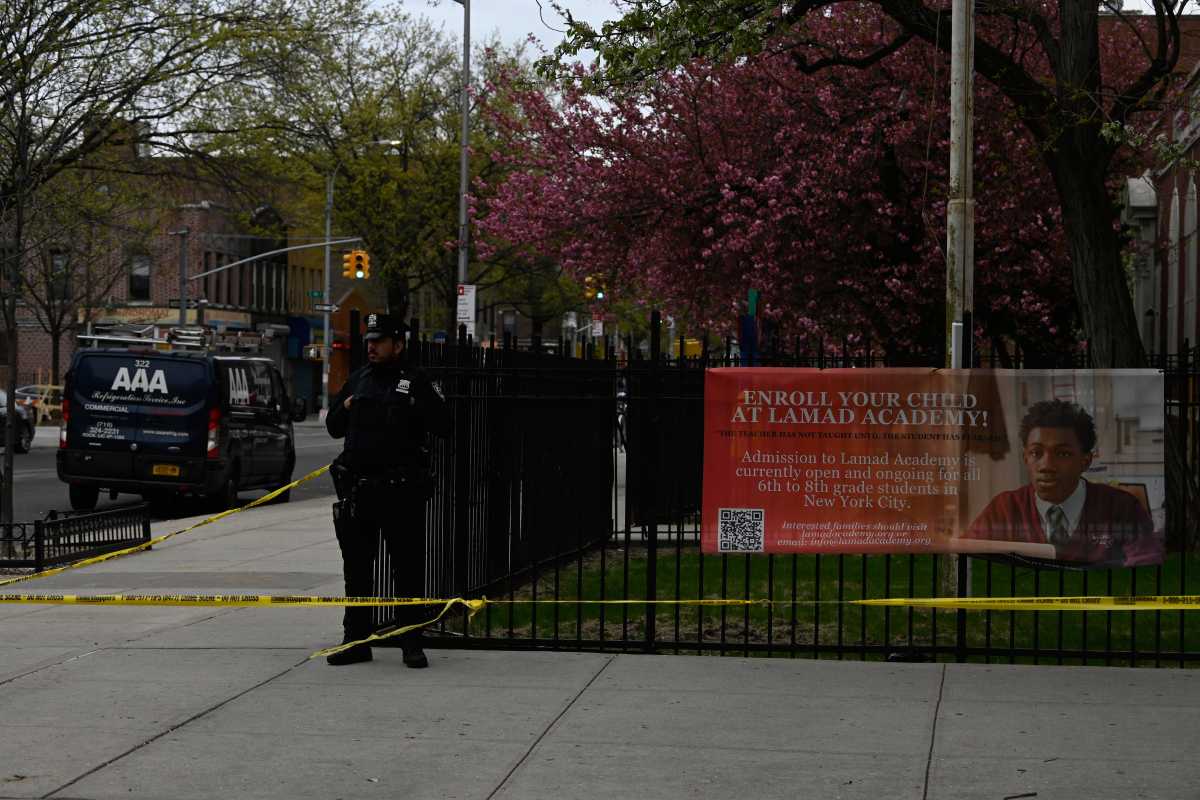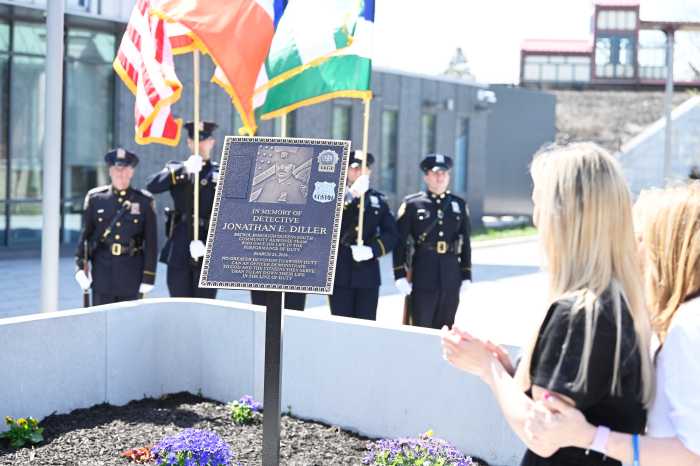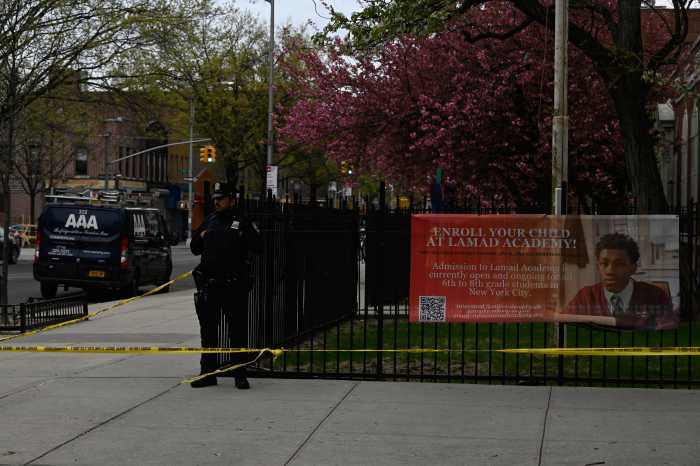The City Council on Wednesday advanced the “How Many Stops Act,” a measure designed to curb NYPD misconduct by shining a light on officers’ interactions with the public, despite fierce opposition from Mayor Eric Adams and some lawmakers.
Adams could attempt to block the legislation by exercising his veto power, though the outcome at the Dec. 20 stated meeting might make that a moot point. The legislation passed the council by 35 to 9 votes, with three abstentions — more than the two-thirds majority needed to override a possible downvote from the mayor.
Mayor Adams, on Wednesday, would not indicate one way or another if he plans to veto the bill, simply saying in a statement: “we are reviewing all options.”
Public Advocate Jumaane Williams and Council Member Alexa Aviles (D-Brooklyn) chiefly sponsored the central bill in the package, Int. 586. The second bill in the package, sponsored by Council Member Crystal Hudson, would require the department to report on what are known as “consent searches” — it passed by 39 to 7 votes.
The legislation aims to increase police transparency by requiring cops to publicly report on lower-level stops, which they currently do not have to disclose. Its ultimate goal is to dissuade officers from mistreating individuals they stop for investigative purposes, the majority of whom are Black and brown, following a 2013 U.S. Supreme Court ruling finding the NYPD’s use of stop-and-frisk practices to be unconstitutional.
“We all agree now, as I’ve mentioned before, that there were abuses when it comes to stop-question-and-frisk as a tool that our officers need,” Williams said. “We agree on that because we got data, all of us were able to look at the same data and information.”
But the bill’s detractors charge it would endanger public safety by taking cops off the beat due to mountains of additional paperwork they say it would require them to complete.
“It will slow down police response times and divert our officers from responding to emergency incidents,” Adams said, in a statement Wednesday night. “In every City Council district in this city, our officers will be forced to spend more time in their cars and on their phones, and less time walking the streets and engaging with New Yorkers.”
Explaining the How Many Stops Act
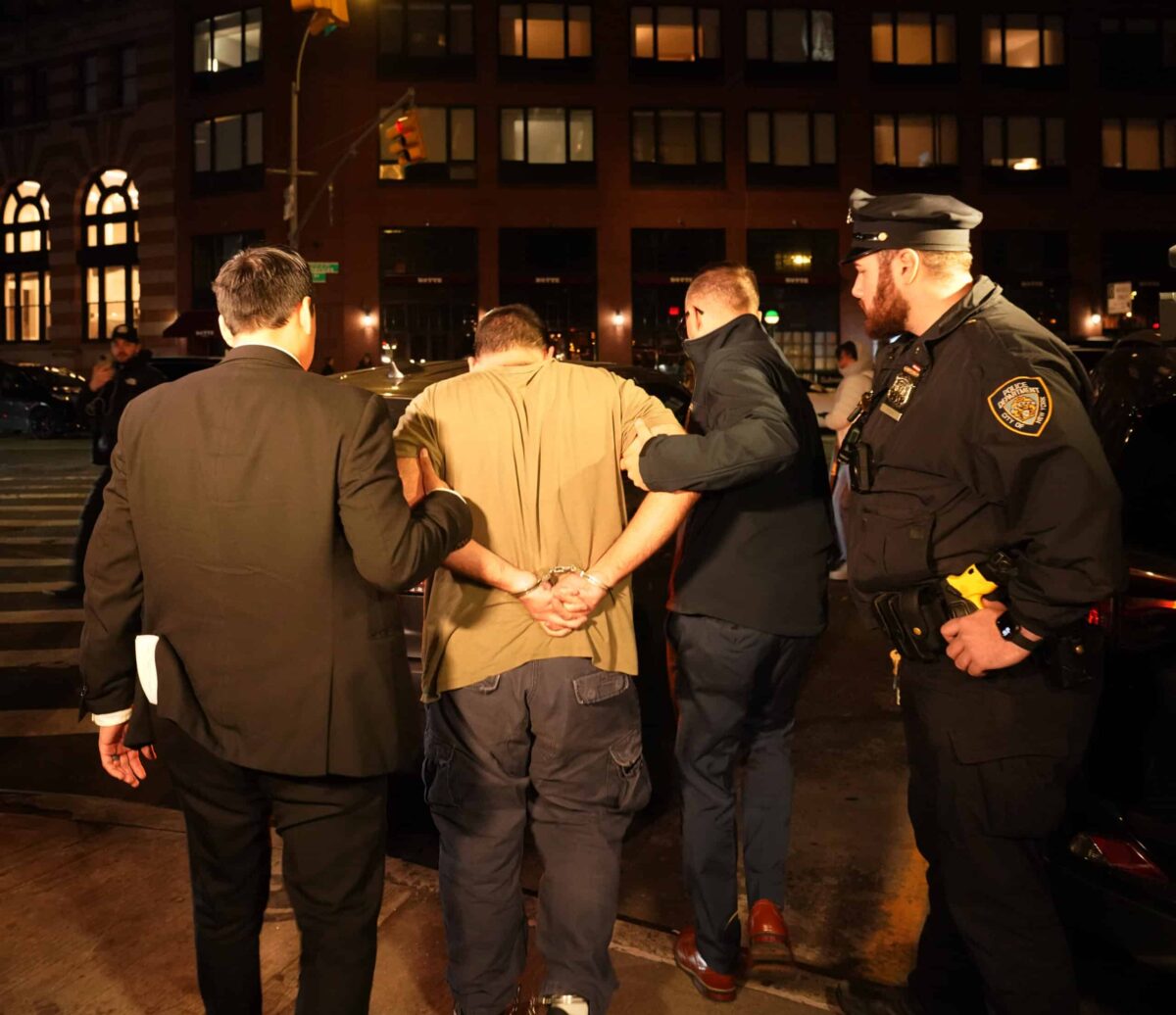
The How Many Stops Act would mandate officers report on what are known as “Level 1” and “Level 2” stops. Currently cops only have to document “Level 3” interactions, known as “stop-question-and-frisk,” where an officer can stop, detain and search a person if they have “reasonable suspicion” the individual committed or is about to commit a crime.
Part of the issue that inspired the bill, Williams said, is that the NYPD’s court-appointed federal monitor found the department is underreporting Level 3 stops because they are mistaking them for Levels 1 and 2.
Level 1 stops are where officers can ask individuals for information, like their identification or where they are going, as long as the cops have an “objective credible reason.” Level 2 encounters involve officers asking “more pointed questions” based upon “founded suspicion that criminal activity is afoot.”
Civilians have the right to walk away from officers at both levels.
The bill stipulates cops must record the details of the encounter, including assessing the race, gender and appearance of the individuals they stop. Furthermore, it asks for a narrative of the interaction and if it led to another level.
But while Adams said he is fine with requiring reporting on Level 2 encounters, he is against it for Level 1 stops.
The mayor claims that Level 1 stops encompass interactions as mundane as cops giving directions to a tourist who appears to be lost. He has insisted that documenting each Level 1 interaction could take several minutes, taking cops away from their time on the beat and inevitably adding to overtime costs.
‘Just more paperwork’
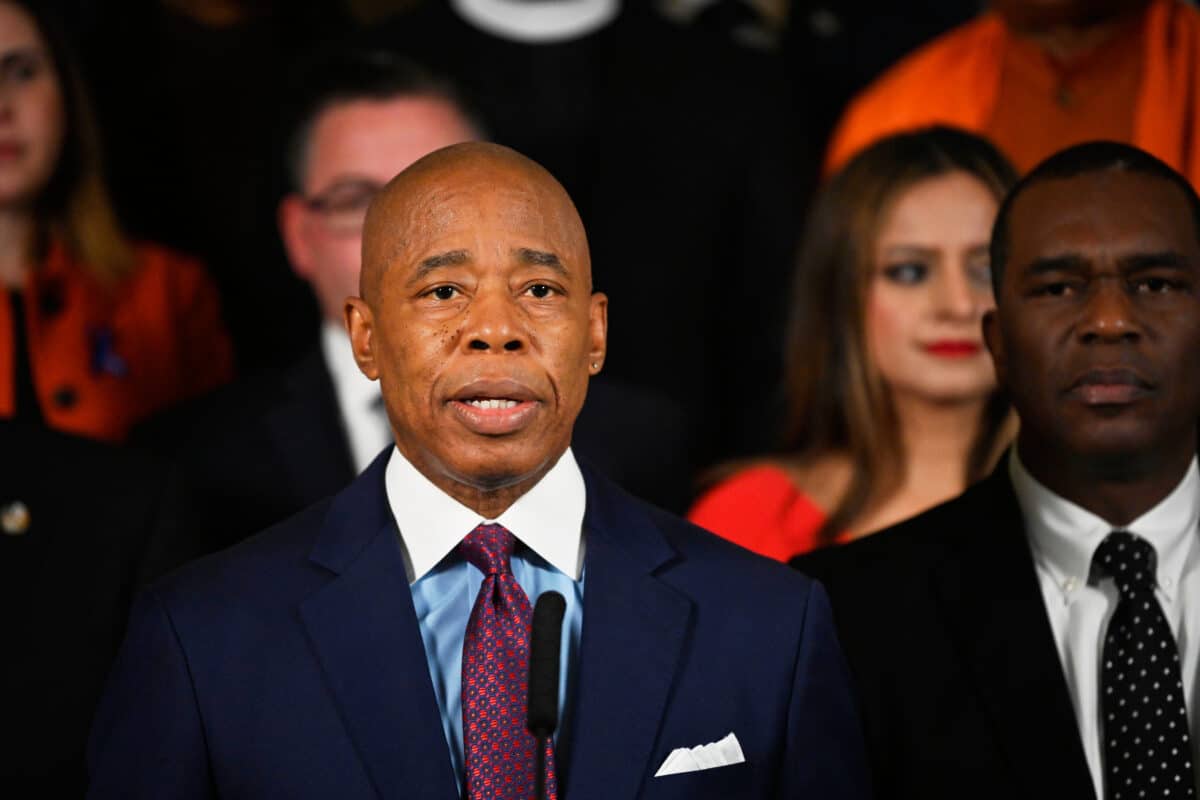
Council Member Robert Holden, a conservative Democrat representing parts of Queens, railed against the bill during a Public Safety Committee vote earlier Wednesday.
“The paperwork alone will hinder police efficiency, keeping officers behind their desks, instead of on patrol,” Holden said. “So what the public advocate wants to do is just the opposite. He wants to keep people safe? This is going to have the opposite effect of just more paperwork.”
Far right Council Member Vickie Paladino (R-Queens) said the bill amounts to “dismantling” the NYPD.
Council leadership and Williams have pushed back on those claims, charging the mayor and his top aides are spreading false information about the measure. They say Level 1 stops specifically do not include casual conversations with cops and that is made explicit in the bill.
“This is not when officers have casual conversations or interactions with civilians or community members about their families, their communities or their weekends,” said Council Speaker Adrienne Adams (D-Queens). “It is not when an officer gives directions to a tourist or asks the local bodega owner about the Knicks game.”
Additionally, they say reporting on Levels 1 and 2 interactions will simply require officers to fill out a few extra questions on an online form they already complete for Level 3 stops on their NYPD-issued smartphones. Williams has said filling in the extra information should only take about 10 to 20 seconds.
The bill is one of several police transparency measures passed on Wednesday The others include that would require the NYPD to turn over body camera footage to the city Department of Investigation’s inspector general upon request within 10 days of a request and the annual disclosure of donations to the department exceeding $1 million.
Lindsey Smith, staff attorney with the Cop Accountability Project at The Legal Aid Society, urged the mayor to sign the bill into law.
“This legislation will advance transparency around racially disproportionate police encounters, deter unjustified searches and questioning, and hold the NYPD to a higher standard for the benefit of all New Yorkers,” Smith said. “We urge Mayor Adams to sign this commonsense bill package into law immediately.”
This story was updated on Thursday Dec. 21 at 10:20 a.m.
Read more: Do Landlords Have to Ensure Mail Delivery?
